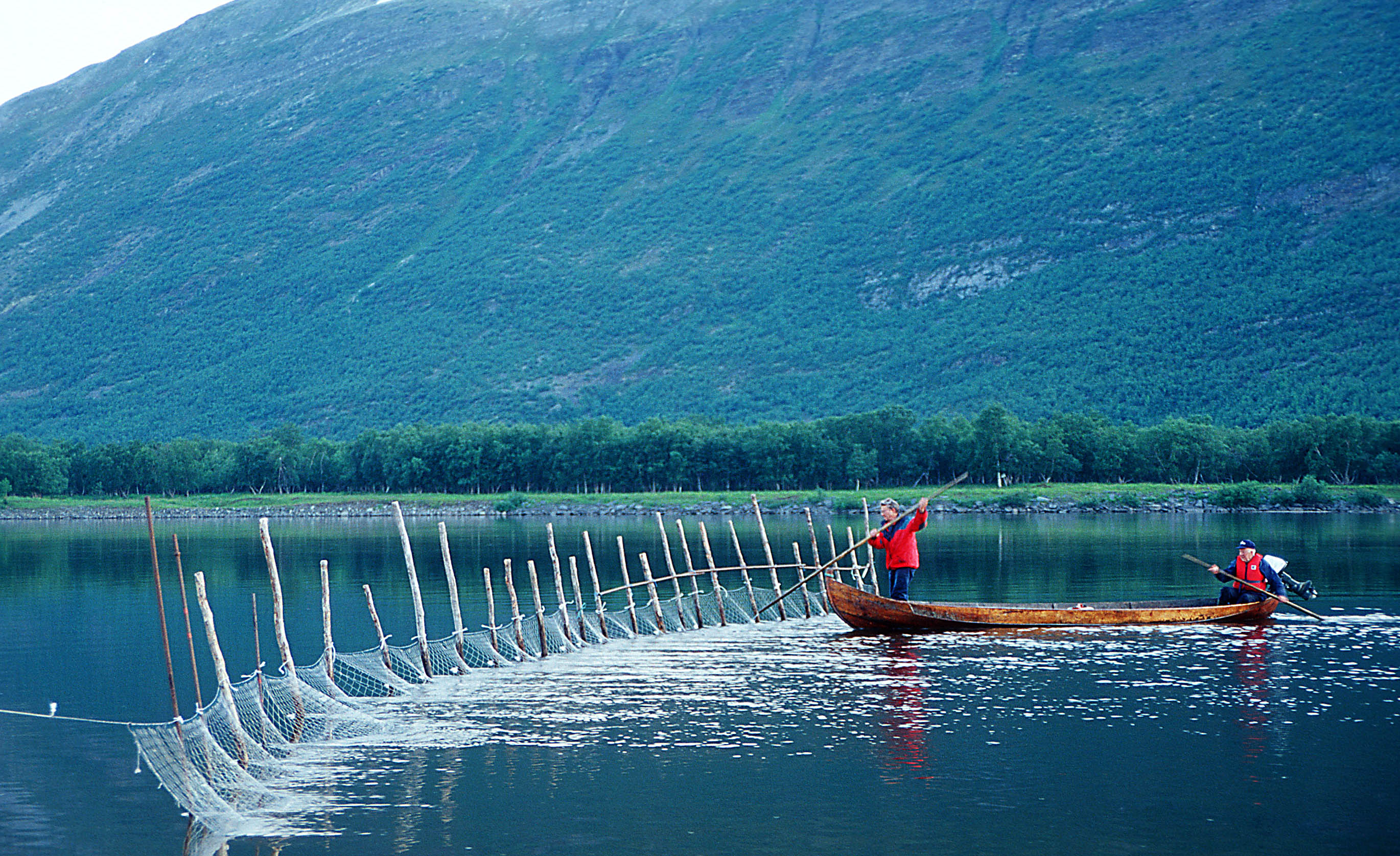About
The overall goal of the project is to study, analyze and propose models for the governance of land and natural resources in the traditional Sami areas in Norway.

Indigenous peoples' participation in governance of natural resources in lands they traditionally use and occupy, are essential for their culture and social life. The international community has therefore entered treaties that safeguard indigenous peoples' participation in such governance. Norway has for several decades worked to implement these commitments in national legislation. Reference can be made here to the Reindeer Husbandry Act, the Finnmark Act, and the drafts of the Sami Right Committee II. The project will investigate how the legal framework, including case law and customary law, works.
Local resource management is a principle that underlies the governance of publicly owned land in Norway. Such governance will also be examined. In addition, the project includes a study of the management of Sámi reindeer husbandry, with a view to possible strengthened user participation in the governance.
The study will be developed through three work packages (WP) where WP1 will analyze international law and provide a systematic overview of international standards for indigenous participation in governance of land and resources. WP2 will analyze how Sweden, Finland and Canada address governance issues. WP 3 will rely on the analyzes in the first two work packages, and further analyze the regulations for land management traditionally used and owned by Sami in Norway, including legal history, property history and legal views.
Based on an overall analysis, the project will seek to produce knowledge, both of academic and practical nature, as well as specific recommendations for governance of benefit to decision-makers, users and right holders. Furthermore, it is an aim that the project can contribute to harmonious joint use of the resources between the different user groups of nature in the areas which the Sámi traditionally areas (Sápmi).